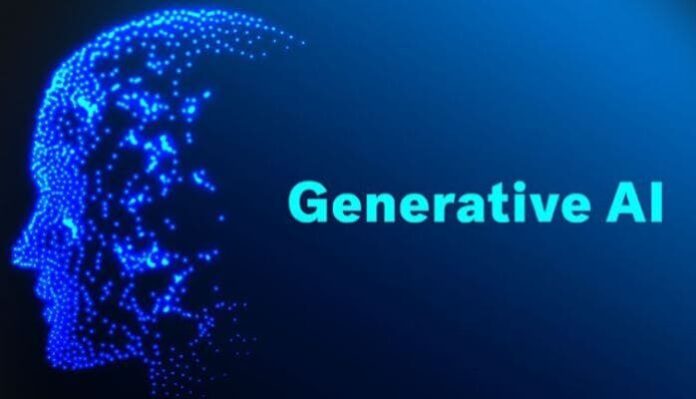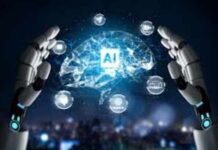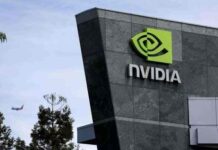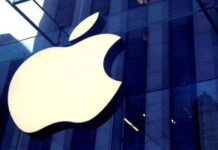
Generative AI has revolutionized industries, automating routine tasks while creating new job opportunities. Jobs involving AI development, maintenance, and ethical oversight have surged.
While some repetitive roles have diminished, the demand for skilled workers to collaborate with and oversee AI systems has risen. Upskilling and adapting to the evolving technological landscape remain crucial for job security.
Overall, generative AI has reshaped employment dynamics, emphasizing the importance of human-AI collaboration and fostering innovation in the workforce.
Reports
Last year, IBM, Chief Executive Officer, Arvind Krishna said that hiring specifically in back-office functions such as human resources will be suspended or slowed. The company expects that 30% of non-customer-facing roles could be replaced by AI and automation in five years.
Recently this last week, Nickle LaMoreaux, Chief Human Resources Officer, IBM explained that the company employs nearly 300,000 employees, and over 7000 jobs being replaced by AI make up only 2 percent of jobs being replaced by AI.
Last year, ex-Tech Mahindra CEO CP Gurnani said, “The use cases of Generative AI are still being defined, which means that it has the potential to create more job opportunities in the future.” Undoubtedly, the possibilities are just opening, and there is more to come.
He also urged young engineers to adapt to the changing world and invest more time in independently learning new skills. AI does not take away jobs, it creates jobs, he said.
However, a McKinsey report stated that less than 5% of jobs will be lost due to AI, and around 60% of jobs will require adaptation to AI, developing new skills to factor AI into our work, as the tasks we do will change.
HR Experts Opinion
Commenting on the Impact of Generative AI on Jobs, Dr. Pradyumna Pandey, Manufacturing HR Head at Hero MotoCorp said, “The potential of generative AI to enhance productivity and efficiency by swiftly and precisely executing tasks makes it a compelling option.”
“However, the extensive integration of generative AI and automation is likely to result in considerable job displacement, especially in industries where routine tasks can be easily automated.” he added.
Amit Malik, C-Suite Leader, President- WadzPay, Japan Asia Pacific & Australia, said, “It’s not about AI taking away jobs. It’s more about AI working on skills that will make the job holder redundant if the job holder does not upskill. That subtle difference is the key.”
Also Watch- The Future of Work in 2024, Click Here
Commenting on this Rajesh Padmanabhan, MD (India), The EXCO Group and CEO, Talavvy said, “AI will apply the rule and humans will apply the exception. Decision-making and businesses exist on both dimensions in equal proportion. Both will coexist and thrive. The level of empathy we have for the machines is matched by the reciprocation of the intelligence of the machines.”
“The co-living of human-machine will get stronger.” He added.
Priya Datar, HR Manager at UXLI Ltd said, “I see scope for three things to happen while we adopt Generative AI as below-“
- Redefining the existing roles
- Displacement of existing roles
- Creation of new roles.
While, Namita Pandey, CHRO at Sirjan said, “Gen AI is going to bring a revolution, a lot more efficient. However, it could be challenging for old traditional skilled mindsets as constant upskilling would be in demand.”
“Each new technology comes with pluses and minuses but we can’t skip the reality. We will have to grow with the changing world.” She added.
Final Words
We at SightsIn Plus feel, that till the beginning of this year 2024, we are not very sure about the impact and significance of Generative AI on jobs. We are trying to figure it out.
However, we think that 2-4 percent of jobs will be only replaced by AI. Upskilling on GEN AI will be the key to being more productive and efficient.
We will see a few new jobs in the Gen AI technology space to optimize the usage of technology.








